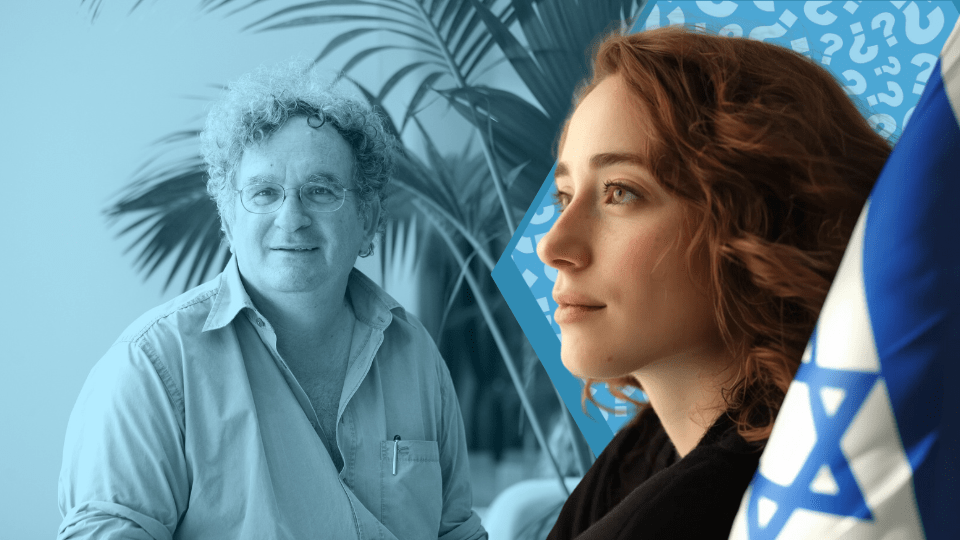Key Takeaways
- Benny Morris, a renowned Israeli historian, has had a complex relationship with Israel, marked by both critical and supportive stances. He has been associated with the "New Historians," a group that challenged traditional Israeli narratives.
- Morris has made significant public statements regarding the Israeli-Palestinian conflict, often sparking controversy. He has expressed sympathy for Palestinian refugees while also justifying certain Israeli actions during the 1948 war.
- Politically, Morris identifies as a Zionist but has shifted towards more conservative views over time. He supports a two-state solution but is pessimistic about achieving peace in his lifetime.
Has Benny Morris Engaged with Israel Directly?
Benny Morris has had extensive engagement with Israel, both personally and professionally. As a professor at Ben-Gurion University of the Negev, he has been deeply involved in Israeli academic circles.
- Morris has spent much of his career in Israel, contributing to the country's historical discourse through his research and teaching.
- He has been part of the Israeli academic community, influencing the way Israel's history is studied and understood.
Has Benny Morris Expressed Opinions on Israel?
Benny Morris has been vocal about his views on Israel, often sparking debate with his comments on the Israeli-Palestinian conflict.
- Morris has expressed sympathy for Palestinian refugees while also justifying certain Israeli actions during the 1948 war, stating that expulsions were necessary for Israel's survival.
- He has participated in numerous interviews and discussions, including a notable interview where he described Israeli Arabs as a "time bomb" and criticized Palestinian actions as "barbaric."
What Is Benny Morris’s Stance on Politics and Israel?
Benny Morris's political stance on Israel is complex. He identifies as a Zionist but has become more conservative over time, particularly during the Second Intifada.
- Morris supports a two-state solution but is pessimistic about achieving peace in his lifetime, viewing the conflict as deeply entrenched.
- He has made public statements both supporting and criticizing Israeli actions:
- Supportive Statements: Morris has justified certain Israeli actions during the 1948 war as necessary for the establishment of a Jewish state.
- Critical Statements: He has criticized Israeli settlements as counterproductive and called for withdrawal from the West Bank.
Community Engagement and Advocacy
Benny Morris has been involved in various forms of community engagement and advocacy related to Israel, though his efforts are more academic than charitable.
- Morris has contributed to the academic discourse on Israel through his research, influencing how the country's history is understood and debated.
- He has not been directly involved in collaborative efforts with Israeli organizations beyond his academic work, but his research has impacted discussions within Israeli society.
Cultural Impact Related to Israel
Benny Morris's work has had a significant cultural impact on how Israel is perceived, both domestically and internationally.
- His historical research has contributed to a more nuanced understanding of Israel's founding and the Israeli-Palestinian conflict, influencing cultural narratives about the region.
- Morris's influence aligns with broader cultural initiatives in Israel that seek to reexamine and understand the country's history and its place in the Middle East.
Conclusion: Benny Morris's Complex Relationship with Israel
Benny Morris's relationship with Israel is complex and multifaceted. While he identifies as a Zionist and supports the establishment of a Jewish state, his views on the Israeli-Palestinian conflict have evolved over time, becoming more conservative. Morris's work has significantly impacted cultural perceptions of Israel, contributing to a more nuanced historical understanding. Despite his critical views on certain Israeli policies, Morris fundamentally supports Israel's existence as a Jewish state, though he remains pessimistic about the prospects for peace.













































































































